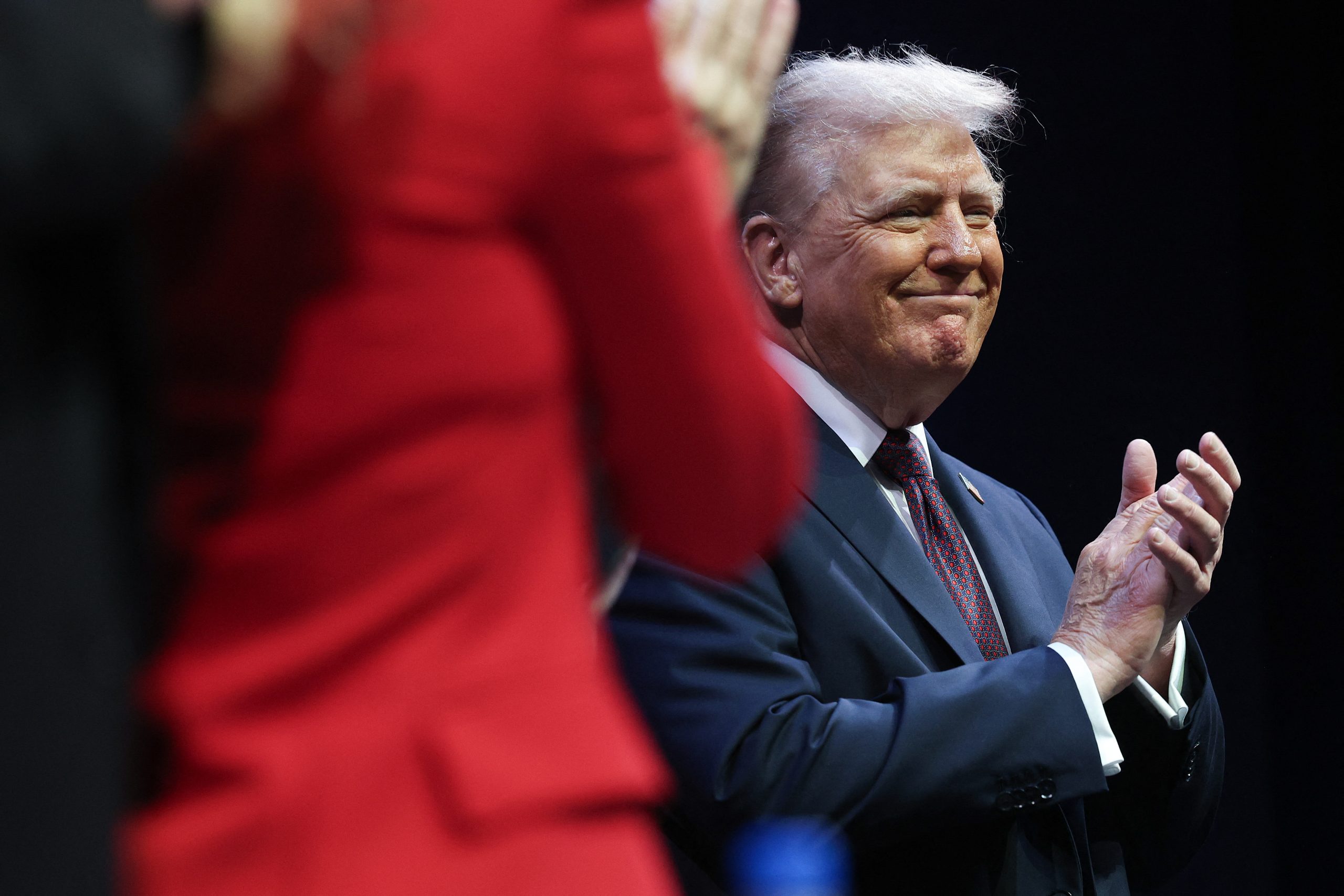The electricity subsidy obligation of the Federal Government rose from N252.76bn to N633.30bn in the first quarter of 2024, according to Nigerian Electricity Regulatory Commission report.
The NERC said the electricity subsidy increased significantly to N211.10bn per month in the first three months of 2024, from N84.25bn in the last quarter of 2023.
According to NERC, the government’s strategy of harmonising exchange rates and mandating that end-user customer tariffs stay at the rates that went into force in December 2022 are the main causes of the hike.
“Due to the absence of cost-reflective tariffs across all distribution companies, the government incurred a subsidy obligation of N633.30bn (90.57 per cent of total Nigerian Bulk Electricity Trading Plc invoice) in Q1 2024 (average of N211.10bn per month). Across 2024/Q1, this represents an increase of N380.56bn (150.56 per cent) compared to the N252.76bn (average of N84.25bn per month) incurred in Q4 2023,” the regulator stated.
It was reported that the Federal Government agreed to provide tariff subsidies to make up the difference between the permitted and cost-reflective tariffs as a result of the absence of cost-reflective tariffs.
For ease of administration, the subsidy is only applied to the generation cost payable by Discos to NBET at source in the form of Disco’s Remittance Obligation.
The DRO, it was learnt, represents the total Genco invoice that is billed to the Discos by NBET based on what the allowed Disco tariffs can cover.
The DRO-adjusted invoice from NBET to the Discos in the first three months of the year was reportedly N65.96 billion, while the total amount remitted was N65.52 billion, or 99.33 percent of the entire amount remitted.
“Comparatively, in 2023/Q4, the Minimum Remittance Obligation-adjusted invoice from NBET to Discos was N223.32bn and the total remittance was N156.40bn, which translated to a 69.92 per cent remittance performance. This means that the remittance performance of Discos to NBET increased by 29.41 points percentage in 2024/Q1 compared to 2023/Q4,” NERC said.
AmBusiness recalls that in an effort to lessen its subsidy responsibilities, the NERC stopped paying subsidies in regions classified as Band A on April 3. As a result, the Band A tariff was increased to over N200 per kilowatt-hour from N68 per kilowatt-hour.
It was reported that the electricity claim for April was N140bn; it was N102.30bn in May and N158.53bn in June, a reflection of the Band A subsidy removal. However, it is higher than the N84bn recorded monthly in Q4 2023.
Meanwhile, thee Nigerian government has received a warning from the International Monetary Fund to eliminate what it refers to as implicit energy subsidies.
According to a recent report by the IMF, Nigeria would lose three per cent of its GDP to subsidies in 2024, up from one per cent the year before.









